An Overview of Apple’s Best WWDC in Years
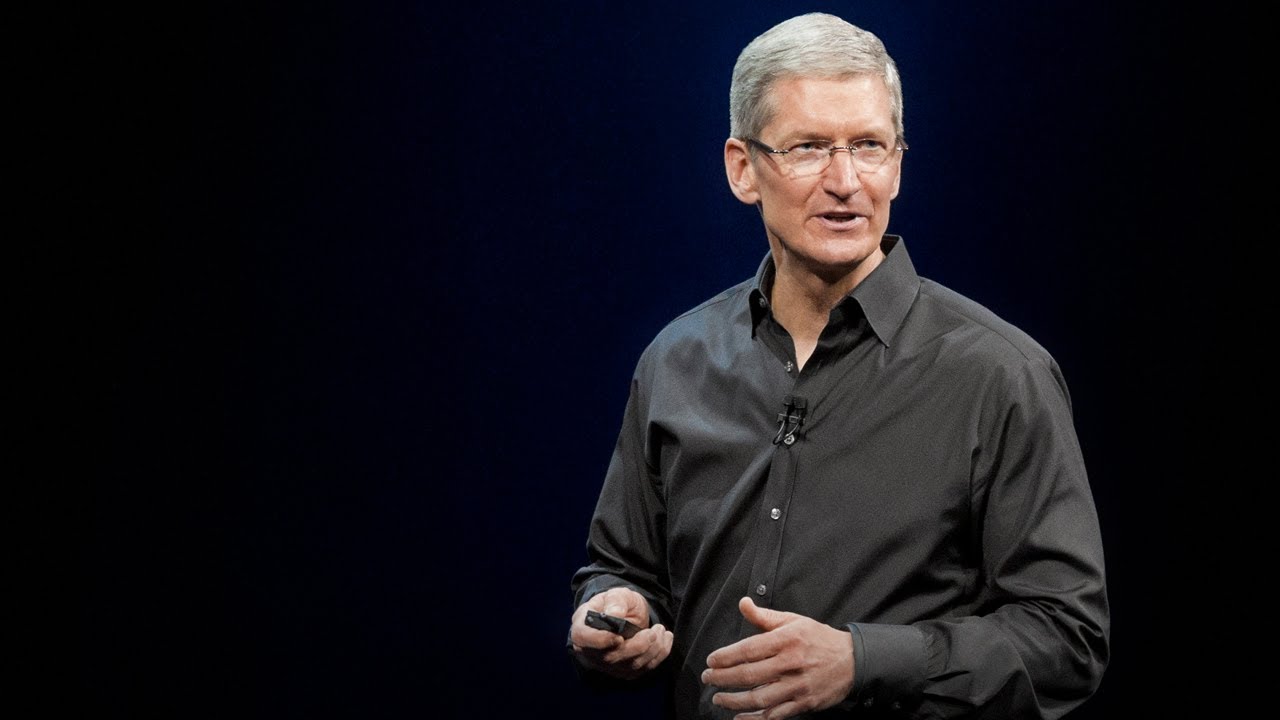
At Apple’s WWDC keynote today in San Francisco, the company unveiled a number of new products and services including major updates to OS X, iOS, and Mac hardware. Here’s an overview of the major announcements.
OS X 10.9 Mavericks
In a surprising move, Apple abandoned the cat naming convention for its next line of desktop operating systems, instead choosing to focus on iconic locations in California. For 10.9, the company chose to highlight Mavericks, a popular surfing location outside of San Francisco.
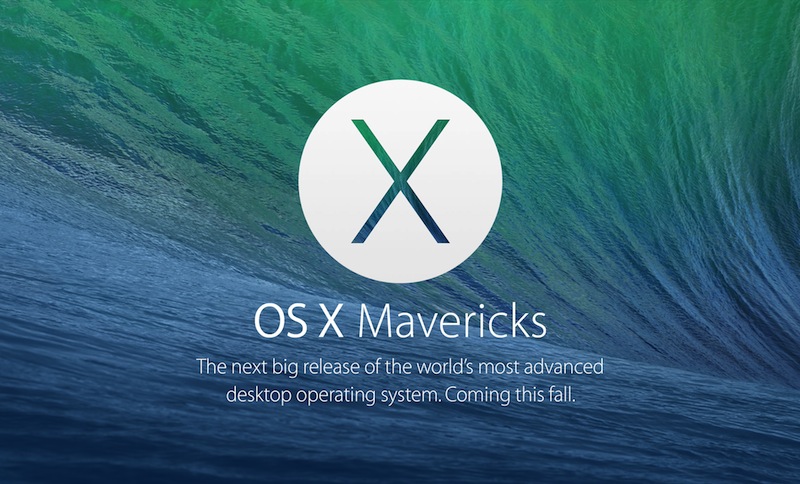
The new release boasts many new features, including:
- New iBooks app
- New Apple Maps app with mapping integration into other areas of OS X
- Redesigned Calendar app with enhanced views and contextually aware suggestions
- New version of Safari with faster performance, new bookmark manager, and Top Sites functionality
- iCloud Keychain, a password and credit card manager that syncs data between all of your Apple devices
- Support for Multiple Displays, including independent menu bars, swappable docks, unique Mission Control interfaces, and the ability to use an AirPlay video device, such as the Apple TV, as a full-function external display
- Enhanced Notification Center functions, including the ability to take action on notifications directly from the notification pop-up, updates from tracked Websites, and “While You Were Away” lists that display aggregated notifications on the OS X Login Screen
- A redesigned Finder with tagging, tabbed browsing, and full screen support
- New power management features that automatically cut power to non-critical apps that are not visible to the user, resulting in significantly improved battery life
iOS 7
Apple unveiled a drastically redesigned version of iOS that, as CEO Tim Cook described, is the most significant change since the introduction of the original iPhone in 2007.
Taking cues from Android and Windows Phone, Apple SVP Sir Jonathan Ive added a distinct Apple feel to the new look. Gone are any signs of skeuomorphism; in its place is an understated unified look that relies heavily on frosted glass-like transparency and layering. New apps integrate with contextual information – such as user location, device orientation, and ambient lighting – to provide a custom user interface.
New features include:
- Control Center, activated with a swipe up from the bottom of the screen, which provides quick access to common settings such as screen brightness, airplane mode, and bluetooth
- New multitasking with live previews of each app
- Improved camera interface
- A completely redesigned Photos app which automatically groups photos into “Moments” and “Collections” based on date and location
- AirDrop support for easily transferring files and images between local iOS users
- Redesigned Safari with performance improvements, new subtle interface with unified search and address bar, and live 3D tab previews
- Updated Siri with new male and female voices, more advanced responses, and additional voice control capabilities
- Updated App Store interface with “Popular Near Me” and age category app browsing
- Activation Lock for Find My iPhone, which allows users to prevent thieves from activating a stolen iPhone, even if the device is wiped
- iOS in the Car, which will bring the iOS interface to the built-in dashboard display of upcoming 2014 car models from select manufacturers
New Hardware
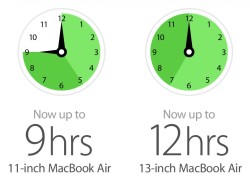
As expected, Apple updated the MacBook Air to feature the new fourth-generation Intel Core processors, codenamed Haswell. The company also added 802.11ac support for faster and more robust Wi-Fi, upgraded to faster Flash storage, and improved battery life substantially.
While Apple’s claims will need to be confirmed, the company claims that the 11-inch MacBook Air can achieve up to 9 hours of battery life while the 13-inch model can reach an impressive 12 hours. These improvements are the result of the switch to very efficient Haswell processors as well as the aforementioned power efficiency improvements in OS X.
Apple also released a new AirPort Extreme and Time Capsule to support the 802.11ac upgrade for the MacBook Air. The new models are designed as a vertical column, and feature three Gigabit Ethernet ports, 6 antennas, USB expandability, and all of the other 802.11ac features we’ve come to expect, such as beamforming.
Perhaps most impressive of all, the company finally unveiled the next generation of Mac Pro. With a radical new cylindrical design, the Mac Pro packs Intel Xeon CPUs, dual AMD FirePro GPUs, and flash storage into a tiny enclosure. It then relies on six Thunderbolt 2 ports for storage and device expansion.
Apple also revealed that the Mac Pro will be the mythical “Made in America” Mac that the company has teased for several months. It’s set for release “later this year.”
iTunes Radio
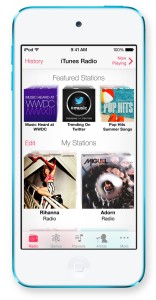
Despite months of anticipation, Apple’s Pandora-like streaming music service received surprisingly little attention during today’s event. Launching this fall, the free service integrates directly into the iOS 7 Music App and offers users the option of listening to preselected music stations or the ability to create their own based on certain artists or songs.
The service keeps track of every song played across all of a user’s devices, and enables users to easily purchase tracks they like directly from within the app. iTunes Radio will be available on all iOS 7 devices, on Macs and PCs via iTunes, and on the Apple TV. It will be free for all users and supported via ads, but iTunes Match subscribers will receive an ad-free experience as part of their $25 per year membership fee.
iWork for iCloud
Apple took a clear shot at services such as Google Docs and Microsoft Office 365 by unveiling the beta of iWork for iCloud. The service will give users access to feature-rich versions of Pages, Numbers, and Keynote via a browser interface on OS X and Windows.
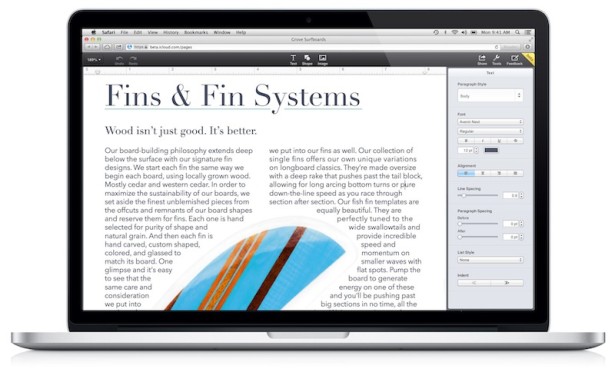
Accessible via the iCloud Web Portal, the iWork service integrates with a user’s iCloud document library and allows the creation, editing, and sharing of iWork file types along with Office documents.
The service is available now for developers and will roll out to other users later this year. Apple did not specify pricing or other requirements.
What Did Apple Skip?
While the Haswell update to the MacBook Air was expected, we were surprised at the lack of updates for the other members of the MacBook family. With rumors of an impending iMac update in the next two months, perhaps Apple will hold another event to update the iMac, Mac mini, MacBook Pro, and MacBook Pro with Retina Display.
Those who missed it can watch the entire 2-hour keynote now at Apple’s website.




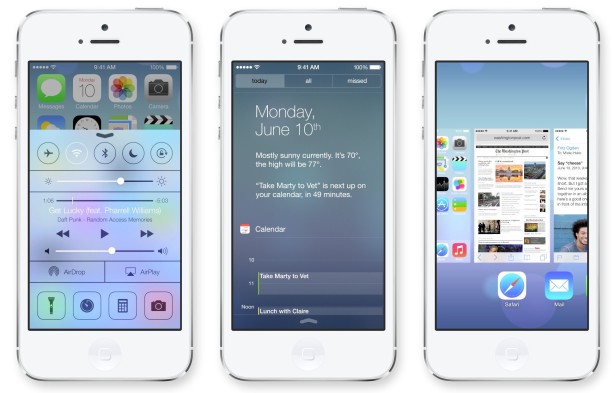
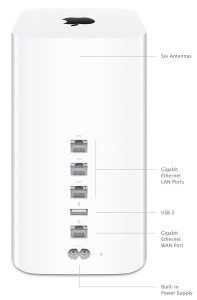
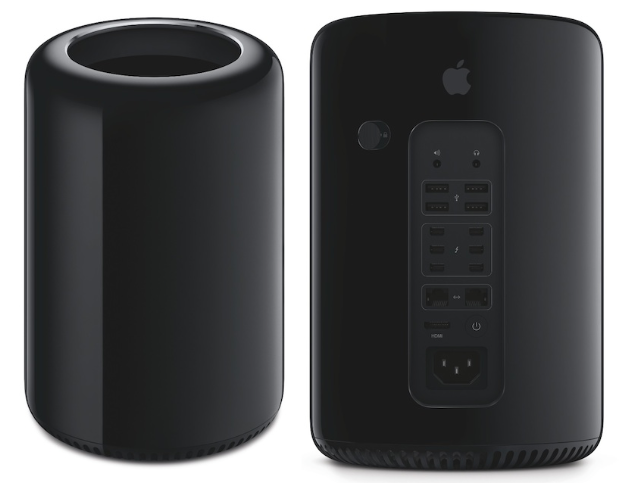
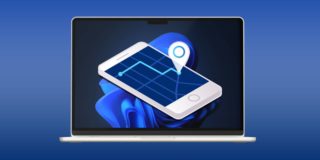


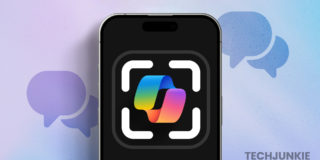

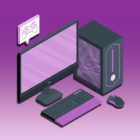

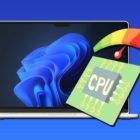

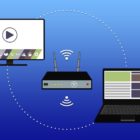



One thought on “An Overview of Apple’s Best WWDC in Years”
iOS7: looks nice but I’ll withhold judgement until I see it in person. Great new features.
MacBook Air: a good improvement
Mac Pro: Very cool. Love it
Unfortunately I’m not in the market for either Mac.
iTunes Radio: Sounds interesting. Not expecting to use it.
iWork for iCloud: Interesting but I’m using OpenOffice and don’t need the on line features.
Overall though YES it was a great WWDC keynote. I especially liked, and a number of feeds commented on this, that Tim Cook has apparently been coached on how to present these things. Reporters on hand to watch the show said that he seemed much more at ease on stage. This is a good thing.